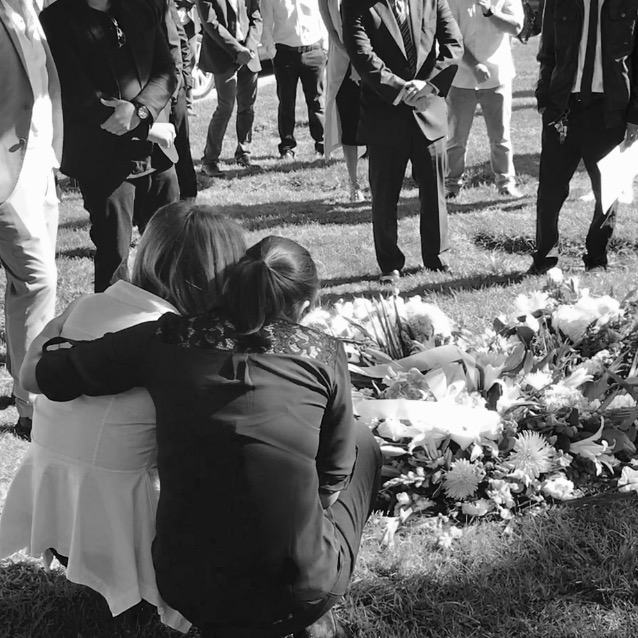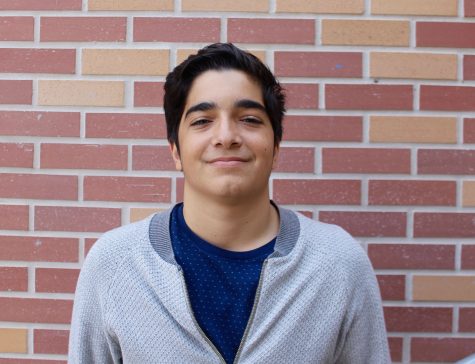Seeing a loved one get buried deep into the earth really makes you realize that the true power of love is exemplified through immense suffering.
The trouble with getting older is not your own journey towards death, but the fact that those in your life, whom you’ve loved and cherished, begin to fall into the “good night.” Many students at Carlmont have already experienced the great burden of loss, and every student will experience that feeling numerous times in their future.
I experienced this for the first time recently. I lived in the dark world of grief, pondering the joyous memories of the one that I had lost while also reflecting on the nature of grief itself, and how it relates to the human condition.
Swiss psychiatrist Elisabeth Kübler-Ross has separated grief into five stages: denial, anger, bargaining, depression, and acceptance.
We deny because it is too painful; we are angry because it isn’t fair; we bargain because we regret; we become depressed because they are never coming back; we accept because, well, we must.
Our lives are filled with meaningless activities and duties that we have given so much importance. Then, when someone dies, we suddenly remember the major shortcoming of our lives: they are short. Somehow those activities that we consume ourselves with then seem purposeless.
Our loved ones seem invincible, impervious to time’s scythe. Yet we must remember that the only thing we are owed from life is death, and that applies to them as well.
When someone passes, we begin to ask questions: Did I show them enough love? Did they know what they meant to me? When they hugged me, did I hug back with strength? What could I have done differently?
These regrets all relate to the basic idea that we should have shown more love.
There is something beautiful about that; it shows that at the foundation of our being is a desire to be tender. We have a craving to show love to one another, and no amount is enough.
Grief will never go away. It will always be painful. We will always regret.
But the only way we can regret less is to show as much love to the people in our lives as possible. Call your grandparents. Go visit your third cousins. Tell that person you borrow binder paper from in math that you appreciate them. Ask your parents how their day was.
See, in life, the only way to protect ourselves from pain is to love. But sadly, the biggest side effect of love is pain. Though it’s better to feel pain over loving than pain over the lack of love we showed.



Homan Rajai • Feb 22, 2017 at 8:41 pm
Beautifully written and insightful… thank you Armon